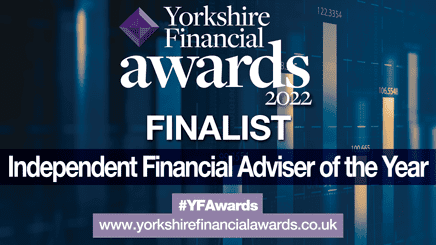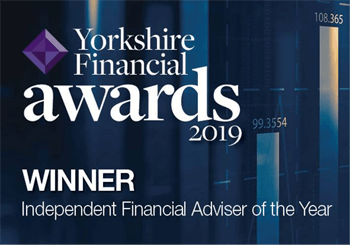Considering ethics in finance

Ethics are increasingly playing an important role in our day-to-day lives. You may choose to purchase fair trade groceries, use a green energy supplier or be more aware of your own carbon footprint or water use. It’s a trend that’s inevitably spilling over into finances too.
As the world becomes more connected in the digital age, it’s becoming far easier to see the impact our money can have, whether it’s negative or positive. For some, it’s becoming a defining factor in how and why they make certain financial decisions. Research from Triodos Bank, for example, found that 65% of parents want their savings to help protect the planet for their children. And 60% of women indicated they’d switch ISA (Individual Savings Account) provider if their money were having a negative impact on people and the planet.
Defining your values
First, if you’re new to ethical finance it can seem like a rather ambiguous term: what actually counts as ethical finance?
And that’s because it does have many different definitions depending on whom you’re speaking to. It’s a subjective topic. One person may focus on the environmental impact of their investments, whilst another will place greater importance on social consequence.
As a result, before plunging into ethical finance, it’s important to consider what our personal values are. You have likely already make similar judgements day-to-day, for example, when you’re shopping for new clothes, even if you’ve never considered it from a finance perspective before. You’re not alone in this either. The Triodos research found that while 67% of savers prioritise reducing plastic use and increasing recycling, only 9% considers ethical finance crucial.
Ethical finance is often broadly split into three categories: environmental, social and governance. Among these three areas, there are many different values that are encompassed, reflecting different views.
What is ethical finance?
With an idea of what’s important to you in terms of ethics, how can this be reflected in your financial decisions?
Banking: When choosing who to bank with, it’s often a decision that’s made based on areas such as the customer service provided and interest rates. However, you may want to think about the ethical practices of the bank or building society too. This can include a whole myriad of areas, depending on your personal practices. Do they operate in a way you consider ethical? Do they heavily invest in industries you’d rather avoid?
There are specialist banks and building societies that were set up to cater for those who want to make ethics a priority in their finances. However, many well-known and established providers are taking steps to improve their practices with a range of different areas in mind too.
Investing: Investing is where ethical finance has often focussed. As an investor, you have the option to support those businesses you believe are having a positive impact. This could be a retailer that removes suppliers with poor human rights reputations from their supply chain, firms investing in sustainable energy, or one that supports local communities.
According to statistics from the UK Sustainable Investment and Finance Association (UKSIF), the UK is the fastest growing market for sustainable investment in Europe. Integrating a range of ethical considerations into investment decisions has grown by 76% in the UK, with €2.2 trillion of UK assets excluding industries deemed harmful, such as arms and tobacco. Whilst there are many different strategies for ethical investing, the research found that the most popular option in the UK is voting and engagement, using shareholder power to enact positive changes.
While ethics may be a part of your decision-making process when investing, it shouldn’t be the only one. Factors such as the level of risk and how it aligns with your personal goals are still important.
Pensions: Your pension may be overlooked when you consider investments. However, for many, it’s likely to be one of the largest savings you have, particularly when you consider how long you’ll be adding to it for. Most pensions are invested, with the aim of delivering returns that outpace inflation and help set you up for a more comfortable retirement. With this in mind, is your pension invested in line with your values?
When you first become a member of a pension scheme, you’ll usually have the option to choose between several different investment portfolios. For example, the pension provider may offer you various options according to the level of risk you want to take. However, an increasing number now offer ethical funds reflecting the growing trend. Of course, as with above, this isn’t the only factor to consider when selecting where to invest.
If you’re keen to learn how you can incorporate your ethical values in your financial decisions, from savings to pensions, please contact us.
Please note: Past performance is no guarantee of future returns and the value of units in a unit-linked investment, as well as any income, which they generate, can fall as well as rise, especially in the short term.






